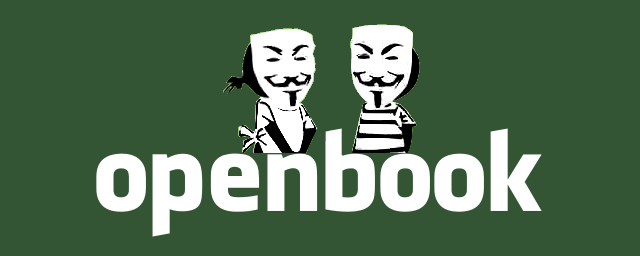 Browser activity and IP addresses are
Browser activity and IP addresses are being logged by government surveillance.
Anonymity is won only by understanding
and using multiple tools like Tor-Browser.
 Browser activity and IP addresses are
Browser activity and IP addresses are 
"Man is least himself when
he talks in his own person.
Give him a mask, and
he will tell you the truth."
—someone famous
Search "#openbook #intro" to begin.

 -137
comments(1)
raw
-137
comments(1)
raw

 -2
comment
raw
-2
comment
raw

 -83
comments(1)
raw
-83
comments(1)
raw

 -120
comment
raw
-120
comment
raw

 -131
comments(1)
raw
-131
comments(1)
raw

 -298
comments(1)
raw
-298
comments(1)
raw